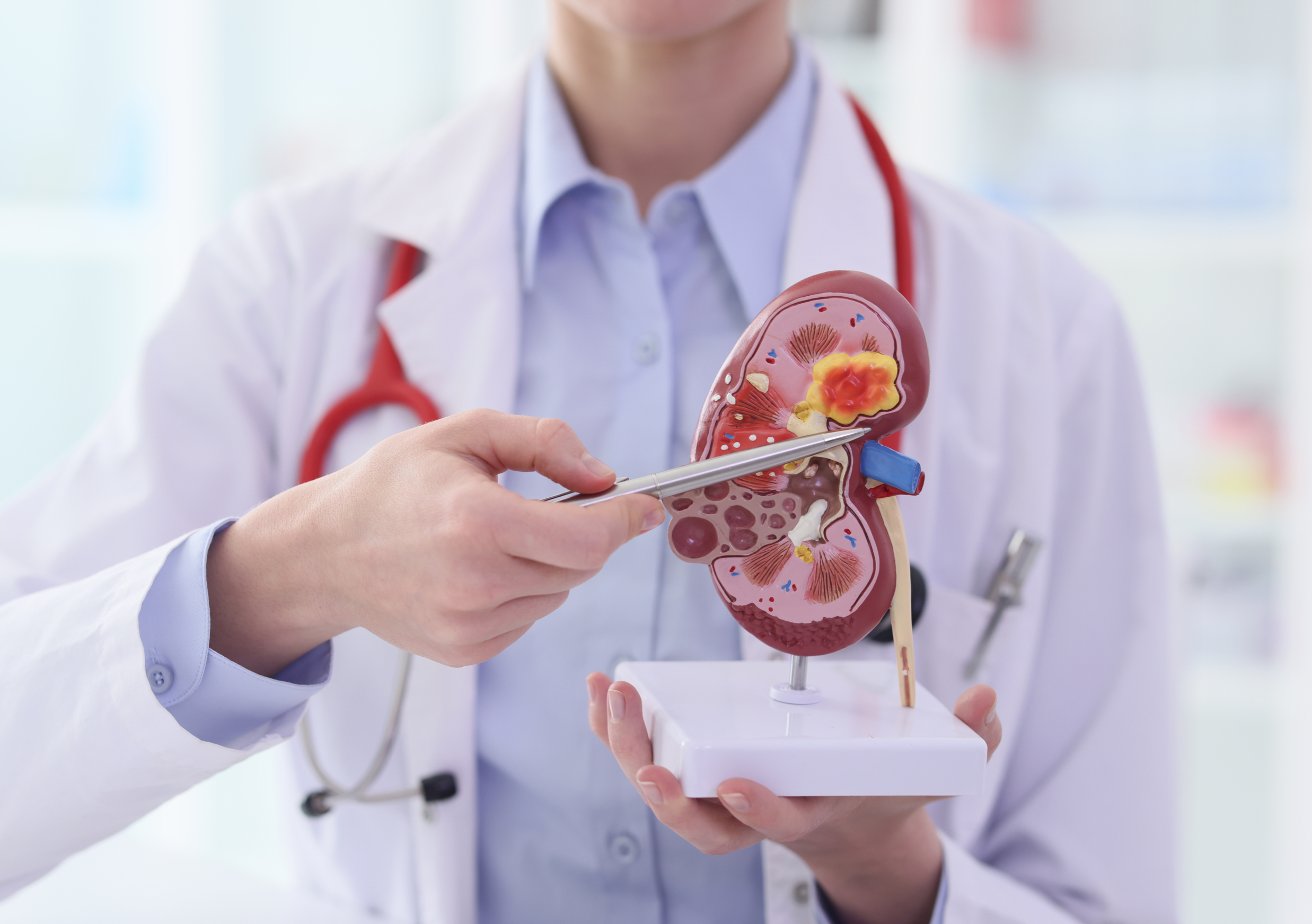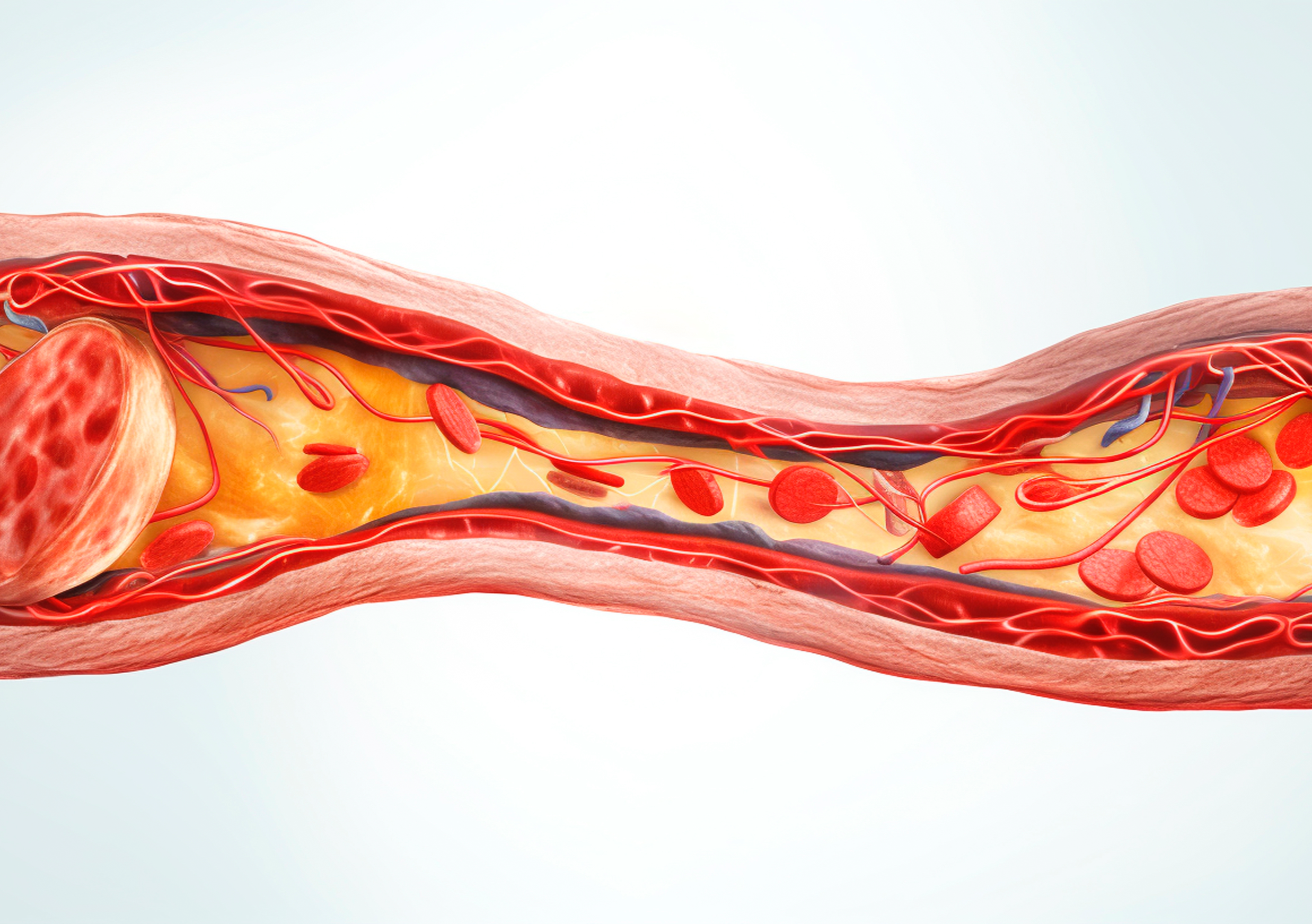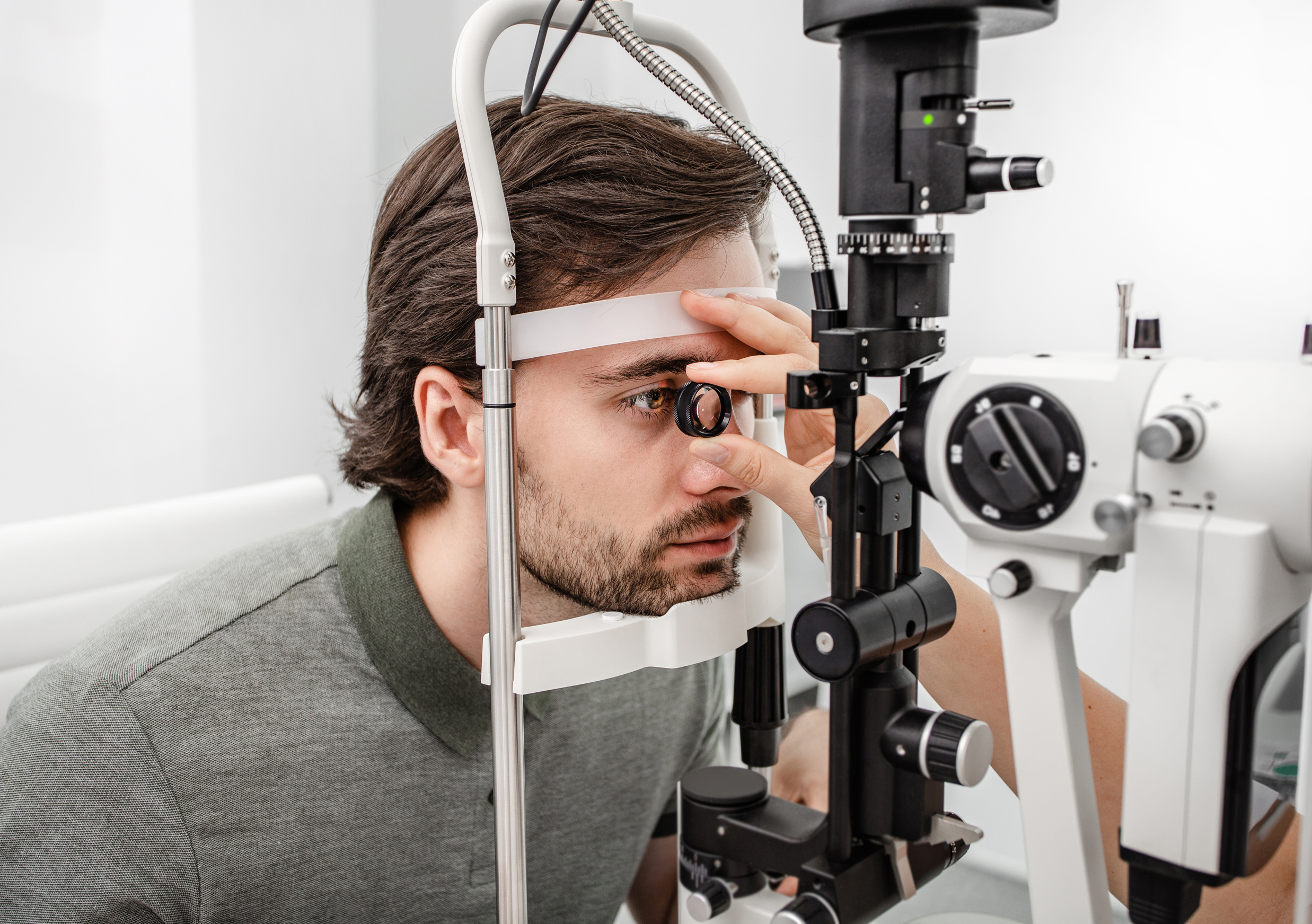Over the last decade, only a few innovations took place in nephrology compared to the other medical branches such as cardiovascular medicine and oncology, and the transplantation is limited in availability. New technologies in hemodialysis therapy are still far from application which include hemodiafiltration, portable machines, wearable artificial kidneys and bioartificial kidneys.
Hemodiafiltration can be defined as a form of kidney replacement therapy that refers to the combination of hemodialysis and hemofiltration and removes more middle-molecular-weight solutes using a large-pore membrane. Wearable Artificial Kidney is a wearable hemodialysis device that incorporates the basic components of a dialysis system into a wearable device, permitting miniaturization, patient-oriented management, and improved mobility, while bioartificial kidneys combine a conventional hemofilter in series with a bioreactor unit containing renal epithelial cells.
It is necessary to have new therapies aiming at total replacement of toxins instead of clearance, with concentration on patient needs such as flexibility, portability, reduced intervention and improved quality of life instead of survival.
We are enthusiast about innovation and investment in nephrology and hope that next years will be witnessing change in the way of providing hemodialysis.
The Hemodialysis Center at Al Salam Hospital is one of the largest centers in the Eastern Province of KSA that offers top-notch dialysis services complying with the regional and international standards of health quality. The Center is equipped with the latest advances in medical Hemodialysis devices serving a variety of cases of renal diseases, and operated by a large team of multidisciplinary health services including nephrologists, dialysis nurses, renal dietitians, renal pharmacists, and biomedical engineers, working collaboratively with urologists, endocrinologists, cardiologists, surgeons and other specialists to provide the most optimal care to patients suffering from kidney-related diseases.
References:
- National Library of Medicine, May 2023






